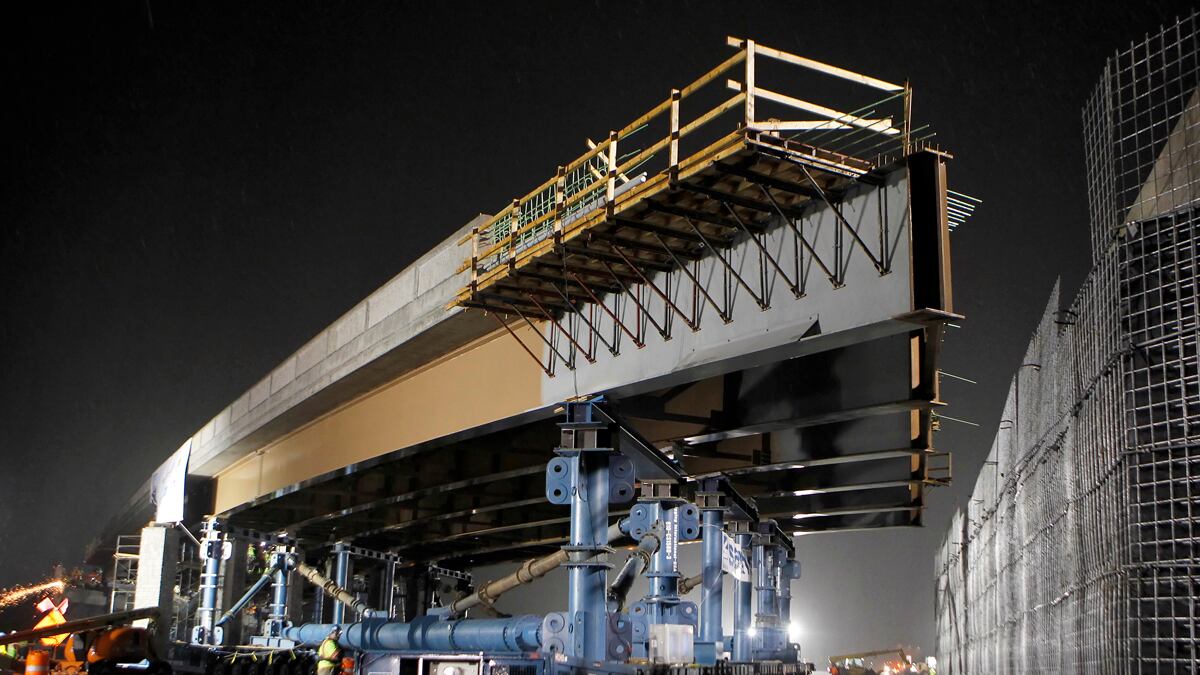Unemployment stubbornly remains above 9 percent because total spending is far below the level necessary to generate jobs for everyone. Yet Congress is poised to enact legislation calling for sharp cuts in federal spending, the immediate effect of which will be to increase unemployment still further. And that, in turn, will actually increase deficits in the long run.
The good news is that we could take simple steps that would put people to work right away while simultaneously putting the economy on a path toward a debt-free future. Our disinclination to take these steps has stemmed in part from our failure to recognize the astonishing cost of protracted joblessness. For instance, if only half of the more than 20 million people who are either unemployed or underemployed right now could find suitable work, national income would grow by more than 10 times the interest cost of the 2011 federal deficit. By a wide margin, attacking unemployment is a far more urgent task than short-run deficit reduction.
The key to reducing unemployment is a large increase in total spending. Investors will remain on the sidelines as long as businesses continue to have enough capacity to produce more than consumers want to buy. Household spending will also remain depressed as long as consumers remain fearful of losing their jobs and continue to struggle with record debt levels. And state and local governments won’t resume spending while tax-revenue shortfalls continue. The only other actor capable of addressing the spending shortfall is the federal government.
Deficit hawks object that we can’t increase government spending because we’ve already run up too much debt. Deficits are an important problem, to be sure. But they are a long-run problem. And our only realistic hope of being able to address this problem is to restore the economy’s health—which can’t happen unless the government spends more in the short run.

Thousands of important tasks cry out to be done. In every state, for example, long stretches of interstate highway are in desperate need of repair. More than 25 percent of our bridges are structurally deficient or obsolete. And millions of Americans now live in the shadow of dams that could collapse at any moment. Launching long-overdue repairs right away would put unemployed workers back on the job while simultaneously reducing long-term indebtedness.
The compatibility of immediate infrastructure reinvestment with long-term deficit reduction is vividly illustrated by estimates of the rapid escalation of repair costs when maintenance is deferred. The Nevada Department of Transportation reports, for example, that if interstate-highway rehabilitation is delayed by two years, costs increase by a factor of five. A 10-mile section of I-80 that can be rehabilitated this year for a cost of $6 million would thus cost $30 million if the work is postponed for two years. Since even the most ardent deficit hawks concede that we must do these repairs eventually, why not do them right away?
Many of the required workers and machines are currently sitting idle. If we wait, we’ll have to bid them away from other useful tasks. Materials are available in world markets at unusually low prices. Those prices will rise if we wait. And the long-term interest rates on the money needed to finance these projects are near record lows.
In short, deficit concerns provide no rational basis for not launching these tasks right away. The massive spending cuts our government is poised to enact will cause substantial additional distress in labor markets. Adding insult to injury, they will actually make future government deficits larger, not smaller.
Such cuts could happen only in what one pundit has described as an ignoramitocracy. Through willful ignorance of the most basic principles of economic behavior, legislators are about to inflict massive and totally avoidable harm on us all.






